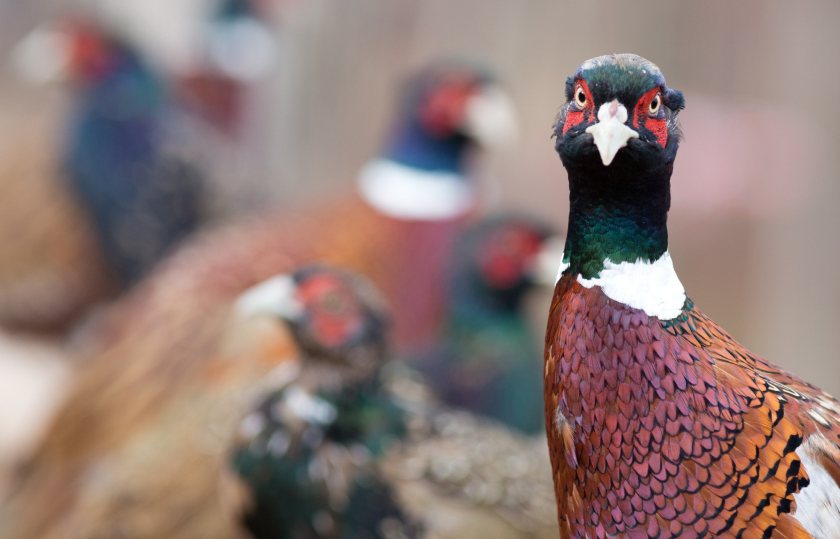
Bird keepers across Britain are on high alert after a heightened warning over avian influenza, with gamebird rearers and poultry keepers urged to tighten biosecurity immediately.
Officials have today (20 August) highlighted rising cases in coastal counties along migration routes, as well as in regions with a strong gamebird sector.
An Avian Influenza Prevention Zone (AIPZ) with mandatory biosecurity rules remains in force nationwide, and in England the measures have today been updated to include new requirements specific to gamebird operations.
These additional steps are intended to address the seasonal risks faced by the game and shooting industry and are aimed at safeguarding both wild and captive bird populations.
Restrictions also apply to the release of gamebirds in areas designated as high-risk zones for avian influenza. Release is strictly prohibited within any official disease control zone.
Last week, the government raised the UK's avian influenza risk levels, citing widespread infection in wild birds and increased exposure risk for poultry.
Christine Middlemiss, the UK’s chief veterinary officer, said the country was now seeing increasing outbreaks of avian influenza, particularly in coastal counties.
"Gamebird operations, alongside all other poultry keepers, must take action now to protect their birds and limit the risk of further outbreaks.
"Strong biosecurity remains our best defence, and we urge all keepers to take immediate steps to strengthen their measures. We will continue to monitor the situation closely.”
All keepers – whether of poultry, gamebirds or other captive species – are also being reminded to stay alert for signs of disease, keep strict hygiene and separation standards, and report suspected cases immediately.
Avian influenza is a notifiable disease, meaning suspected cases must be reported by law. Gatherings of poultry remain banned, including situations where birds from multiple sites are transported together and dropped at different locations.
Authorities stress that the risk to public health remains very low, and properly cooked poultry, game meat and eggs continue to be safe to eat.
What are the new measures for gamebird keepers?
The updated biosecurity measures include:
• Disinfecting vehicles on first entry to a site and daily when in use
• Providing one feeding station for every 60 released gamebirds
• Cleaning feeding and watering points daily to remove droppings, feathers and spilled feed
• Covering feed and, where possible, water stations to prevent contamination from wild birds
• Ensuring pheasants in release pens are not fed within 50 metres of water bodies used by wildfowl
• Keeping feed at least 500 metres from poultry or other captive birds
• Daily checks of gamebirds in release pens for signs of disease during the open season
• Daily searches of a 50-metre radius around release pens for dead birds, with carcases disposed of correctly and wild bird deaths reported to Defra
• Maintaining accurate visitor records, including for deliveries and collections
